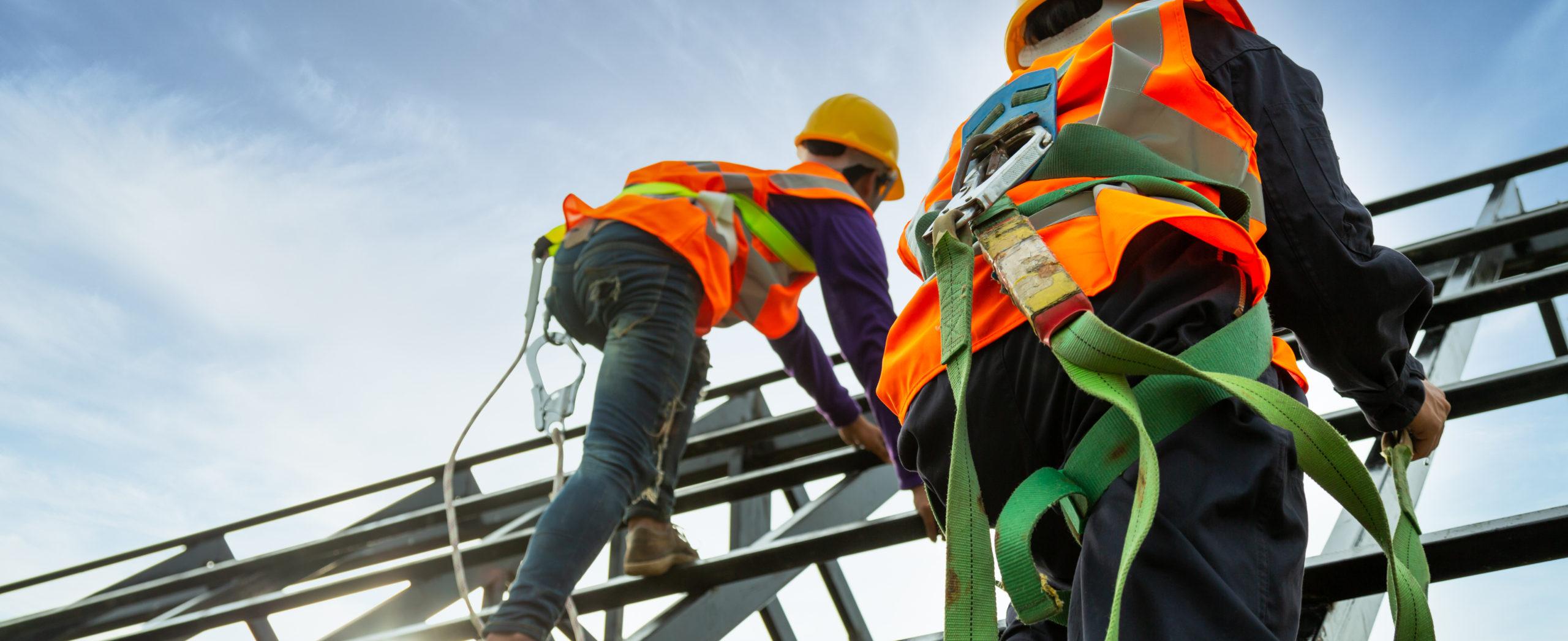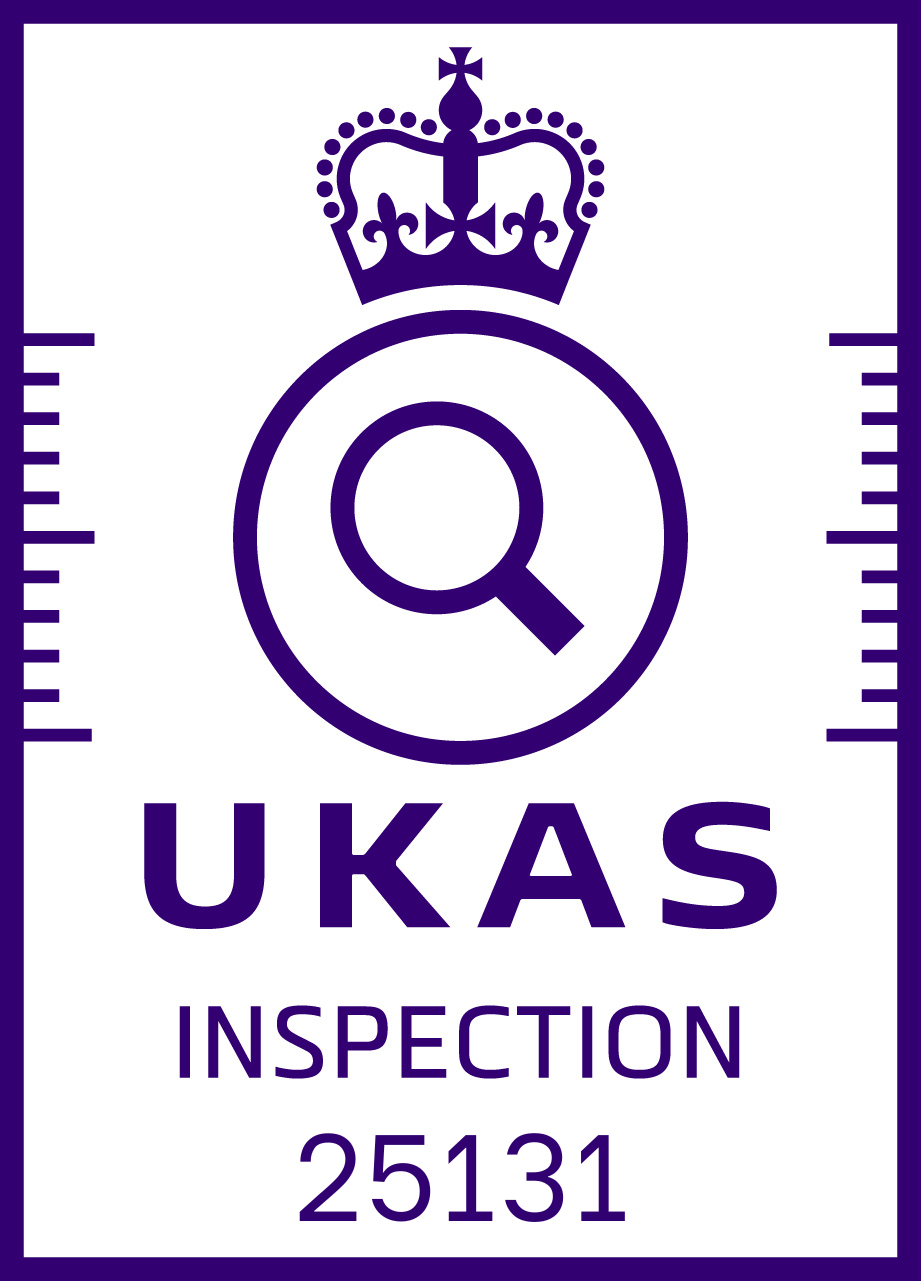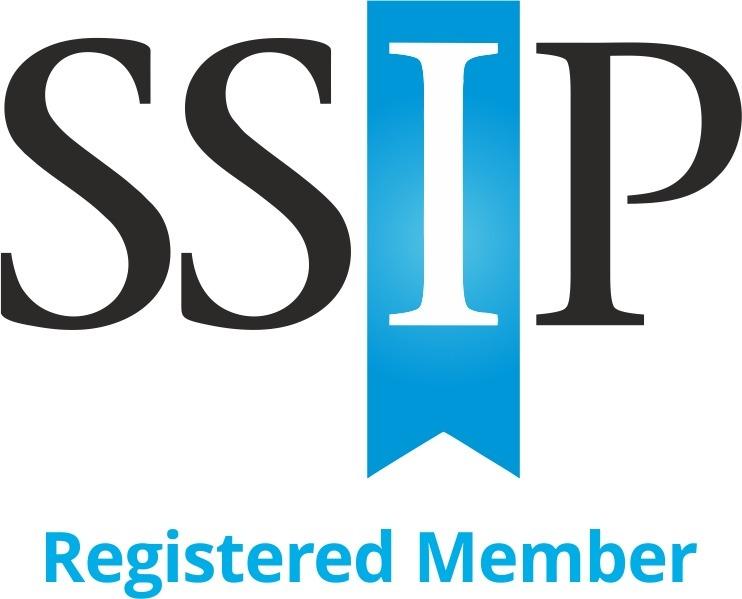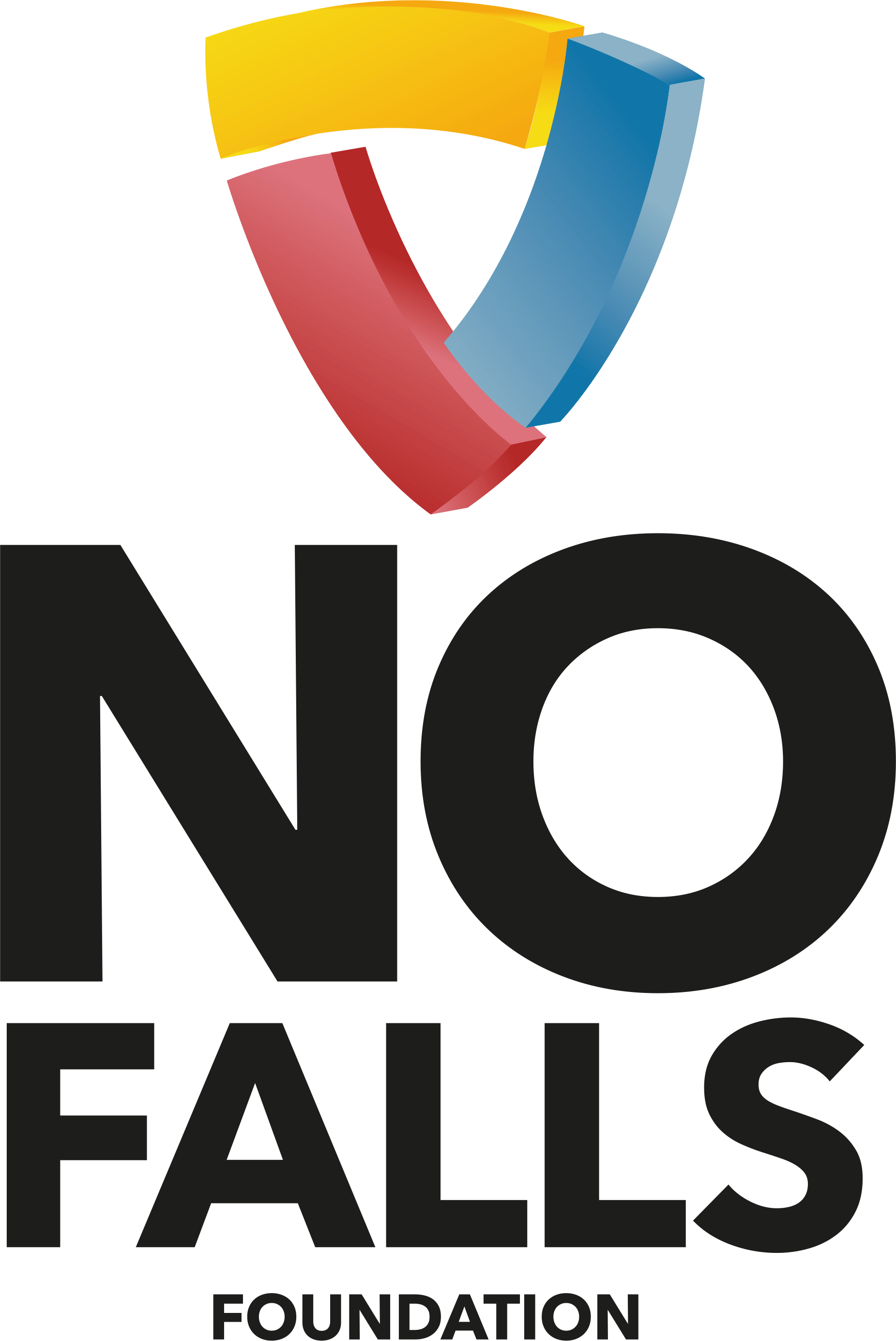Feedback on how to keep construction sites going safely on the eve of England’s second national lockdown on Thursday is being called for by the Construction Leadership Council, CLC.
In a public letter, it flagged up its guidance on safe operation of sites, builders’ merchants outlets and use of public and private transport to work and temporary housing for workers. The CLC asked for ‘immediate feedback’ on what could be done to make guidance better.
CLC co-chair Andy Mitchell said: “We all understand the need to keep construction workers employed and keeping the economy going, for now, and for the future recovery.
“We have also demonstrated the entire industry depends on the flow of money and materials, and that it is essential that product manufacturers, builders merchants and distributors keep operating so that we have the materials to build and repair our homes, hospitals and services. It is imperative that this happens.”
Trade body Build-UK has published an authorisation letter template for employers to give to workers if they are stopped on journeys to and from sites anywhere in the UK. Build-UK chief executive Suzannah Nicol said: “Looking after the workforce, who may have their own personal challenges at the moment, is vital to the resilience of the sector and now is the time to check in with everyone on the team as we countdown to the end of the year.”
Financial assistance extended
The furlough scheme will now remain open until 1st December, with employees receiving 80 per cent of their current salary for hours not worked, up to a maximum of £2,500. The job support scheme, which was due to come in on Sunday November 1st, has been postponed until the furlough scheme ends.
However, a high proportion of those working in construction are self-employed and could be hit by the re-introduction of a ‘minimum income floor’ to universal credit payments set to go live on November 13th. The Federation of Small Businesses, FSB, claims that many self-employed people are earning less than the minimum wage so they will be adversely affected.
FSB chief executive Mike Cherry said: “Suspending the minimum income floor for Covid-19 has therefore been both welcome and crucial. As the second wave of this crisis hits, and further decimates income, the removal of the suspension assumes the self-employed are not affected by restrictions and that their earnings aren’t affected if they need to self-isolate or fall ill. This would hit livelihoods and create poverty and hardship.”
The FSB and Trades Union Congress have written to work and pensions secretary Thérèse Coffey raising concerns over the benefit cut for those seeking to earn a living by starting and growing their own business. The Institute for Fiscal Studies has estimated that around 450,000 self-employed workers are negatively impacted by the minimum income floor, losing an average of £3,200 a year each.
FASET (Fall Arrest Safety Equipment Training) is the established trade association and training body for the safety netting and temporary safety systems industry. FASET has closely monitored developments in the industry surrounding COVID-19 since the pandemic first brought about a lockdown back in late March.
Since then, organisations have responded admirably and although there has inevitably been a slowdown in business compared to the same time last year, the industry has made up for lost time admirably.
While no one would have wished for the present situation and its far-reaching consequences, FASET welcomes the heightened emphasis on safety and wellbeing and remains firm in its ambition to reduce the number of injuries caused by falls from height to zero.









